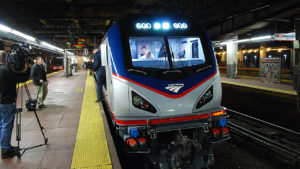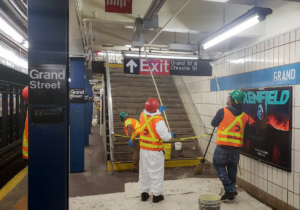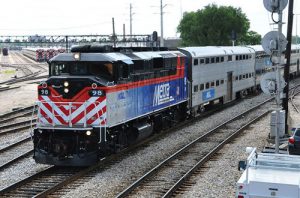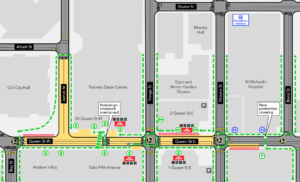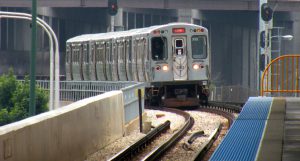Judge Rules RTD ‘Not Responsible’ for Commuter Rail Costs
Written by Carolina Worrell, Senior Editor, Railway Age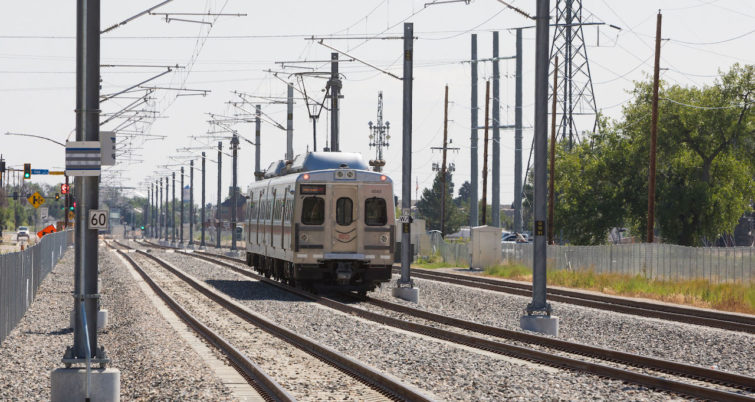
A Denver District Court judge on Feb. 10 ruled that the Regional Transportation District (RTD) is not responsible for more than $100 million in costs related to crossing gate problems on three of its commuter rail lines, according to a CPR News report.
According to the report, the ruling “could bring resolution to a high-stakes legal fight” that began in September 2018 after Denver Transit Partners (DTP), the private consortium that built, maintains and operates the three commuter lines, sued RTD, “demanding to be reimbursed for $111 million in costs related to crossing gate issues plaguing the A-Line for its first few years of operation and delayed the opening of the G-Line to Arvada for nearly three years.”
Arguing that DTP tried to “retroactively shift blame,” RTD sued the consortium, demanding $27 million in damages and seeking the ability to terminate its decades-long contract with the company, according to the CPR News report.
In a 71-page ruling (downloadable below), Denver District Judge Andrew McCallin “denied the private company’s claims—and also turned down RTD’s claims and its attempt to end its contract.”
According to the CPR News report, the dispute came about because of “unproven technology meant to meet new safety standards.” DTP used new technology to control gates on the A-Line, B-Line and G-Line because it “met relatively new Positive Train Control (PTC) safety standards” but the crossing-gate system was not ready by the time RTD, which initially “lauded the lines as pioneers because they were the first U.S. commuter rail lines to have PTC-compliant systems ‘built from the ground up,’” opened the A-Line in April 2016. According to the report, the gates came down too early and stayed down too long, nearly missing two vehicles in March 2016.
According to the CPR News report, federal regulators issued a 90-day waiver, allowing the crossing-gate system to open under the condition that flaggers stand guard at all public crossings and that operators blare horns at every crossing.
According to the report, “The issue turned out to take much longer than 90 days to fix. The federal government even threatened to shut down the A-Line in 2018 over the matter. Crossings were guarded and horns blew until 2019, much to the dismay of residents near the train lines. Flaggers and related costs escalated to more than $100 million, DTP said in court documents.
“In a four-week trial in the fall of 2020, lawyers for DTP said the regulatory and technological entanglements created a ‘nightmare’ for both parties.”
DTP’s lawyer argued that RTD was “responsible under the contract for the risks that were going to occur between the two parties,” while RTD’s lawyers, in turn, argued that DTP “should be held responsible for the choices it made—namely, in building a train line with an unproven crossing gate system,” according to the CPR News report.
That argument, CPR News reports, “appeared to have persuaded McCallin, who wrote in his ruling that the failures of the crossing gate system ‘appropriately rest’ with DTP.”
Both RTD and DTP, according to the CPR News report, have stated that “this legal saga would not have an impact on transit operations.”

